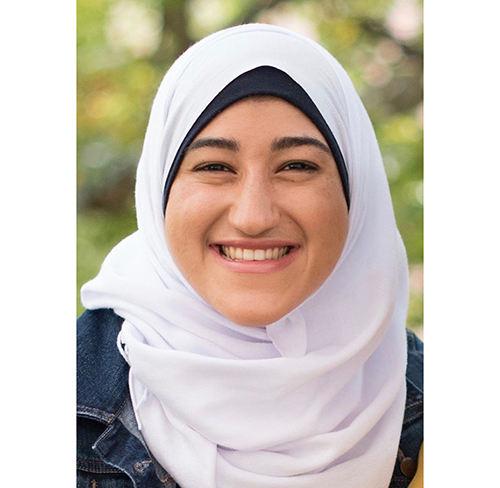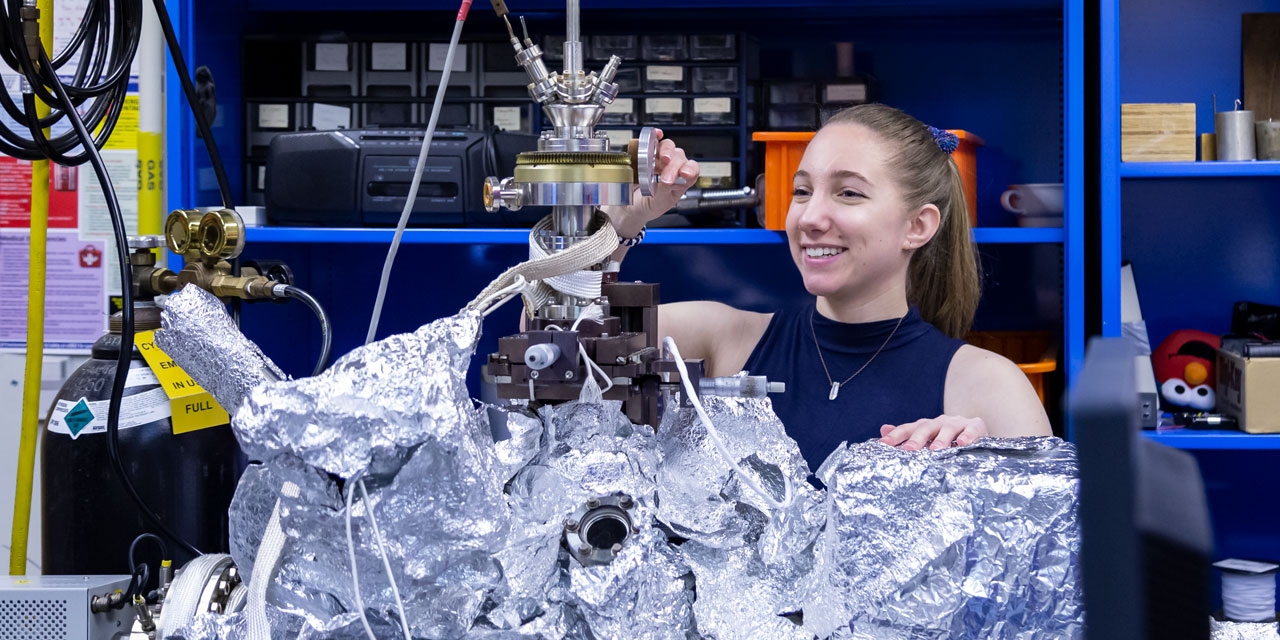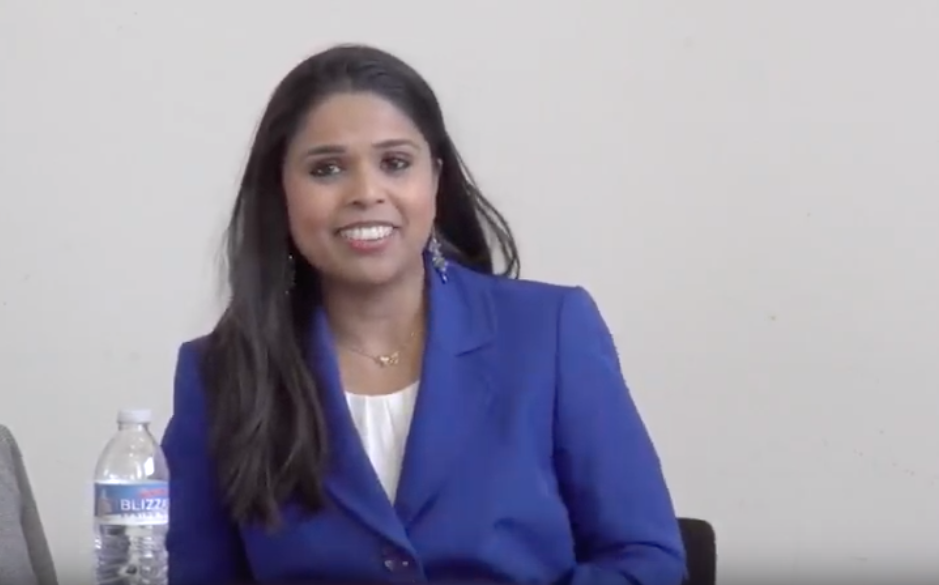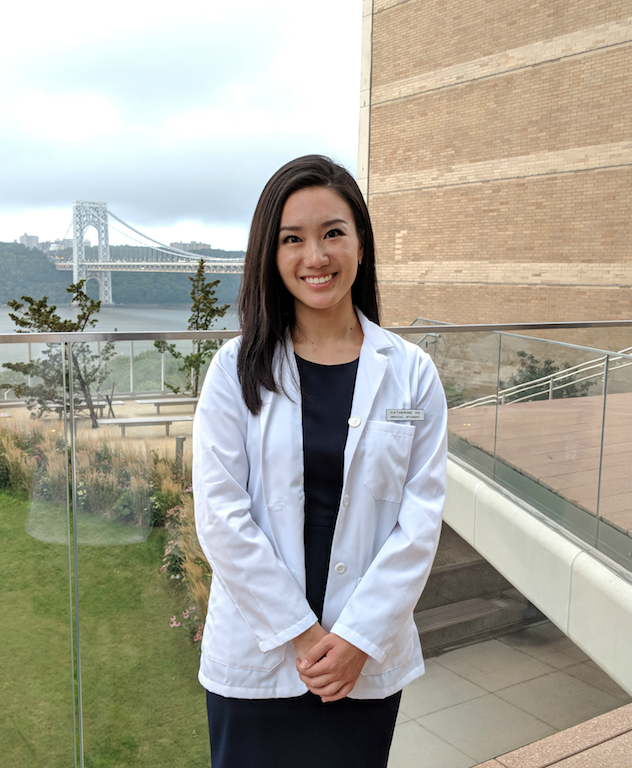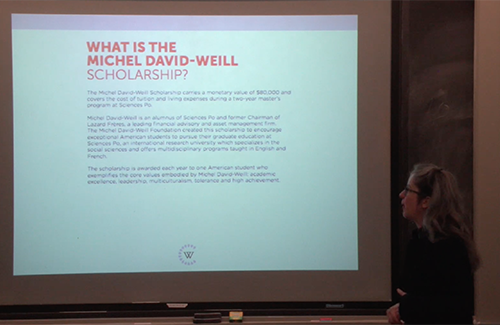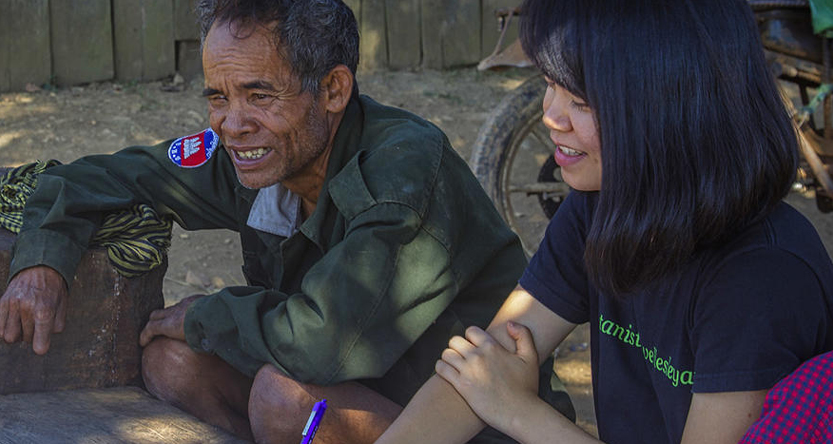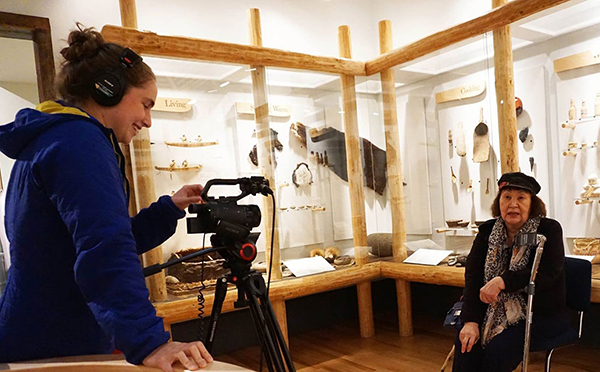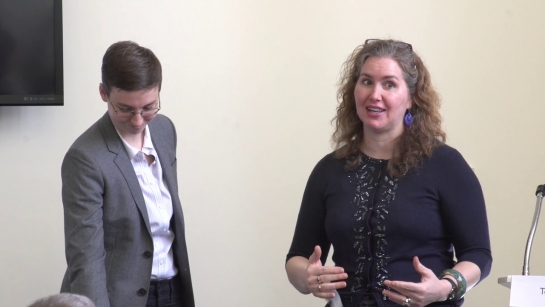Science Research
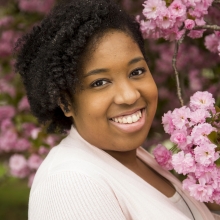
Participating in research experiences as an undergraduate is an excellent way to add depth to your science understanding and actively engage with what you are learning in the classroom. By doing so, you further develop your laboratory, analytical, and problem-solving skills, and you start to build your network with faculty members. Research experiences are valuable components to your resume, and they can make you more competitive for both graduate school and industry opportunities.
“I am most excited about meeting and learning from people all over the world, and observing and hearing about their connections to land and food. Everybody needs food, but everyone's experiences and perspectives are different. I can't really imagine where this year will take me, but I know it will be transformative.”
“I previously had dreams to be an author, but found myself called by the combination of logic, mystery, and truth in science.”
Michel David-Weill Scholarship (seniors)

Supports a two-year master’s degree in any field at the Institut d’Etudes Politiques de Paris (Sciences Po), but Economics is especially encouraged. Eligible are graduating seniors at Wellesley who are US citizens. Campus application deadline typically in November.
Ronald E. McNair Scholars Program at Wellesley College (sophomores and juniors)

The McNair Scholars Program is a federal TRIO program funded at 187 institutions across the United States and Puerto Rico by the U.S. Department of Education. McNair participants are first-generation college students with financial need, and/or members of a group that is traditionally underrepresented in graduate education and have demonstrated strong academic potential. The goal of the McNair Scholars Program is to increase graduate education for students from underrepresented groups. At Wellesley, the McNair Scholars Program is STEM focused, and applications are typically due in November each year.
Fellowships and Scholarships for Study Abroad
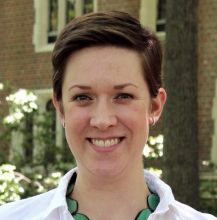
About 45% of Wellesley students pursue study abroad during their time as an undergraduate—and fellowships and scholarships can help support that study! Explore this resource for specific opportunities and advice on how to get started.
Teaching Fellowships

One of the common “purposeful activities” that fellowships can fund is teaching: in the U.S. or abroad; opportunities with or without previous teaching experience; and at all levels of instruction, from elementary school to university level and beyond. This resource is by no means exhaustive, but instead aims to provide seniors and graduates with an introduction to the biggest and most common teaching fellowships
“I am so thrilled that I will be able to learn directly from women leaders in crucial environmental projects in a diverse array of Latin American countries that I otherwise could not have ever imagined visiting.”
“I will be the first doctor in my family and the first to attend graduate school with the gift of the Sarah Perry Wood Medical Fellowship.”
Introduction to Think Tanks
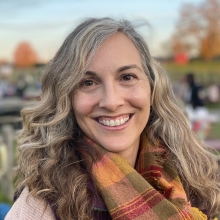
Think tanks are public policy research, analysis, and engagement organizations. They are organizations that generate policy-oriented research, analysis, and advice on domestic and international issues that enable policymakers and the public to make informed decisions about public policy issues. Think tanks may be affiliated with political parties, governments, interest groups, or private corporations or constituted as independent non-governmental organizations (NGOs).
Churchill Scholarships (seniors & graduates)

Supports one year of graduate study (including one-year research degrees) in science, mathematics, or engineering at Cambridge. Eligible: graduating seniors and recent graduates of Wellesley College who are US citizens with majors in appropriate STEM fields. Campus application deadline typically in early October.
“[There are] a lot of different conceptions of the ocean, and a lot of exciting and creative solutions that are happening all over the world.”
“It was a wonderful new experience to visit community health care centers and NGOs. I was able to speak with community health workers who provide appropriate and equitable care as trusted members of their community.”
“By living in vegan communities and exploring their foodscapes, I hope to understand the lived experiences of being vegan across cultures and find ways to adapt veganism to various cultural contexts and customs.”
“I grew up listening to public radio and I’ve always enjoyed stories, so I’m looking forward to learning about how storytelling and journalism function in a different continent.”
Study Abroad: Government, International Affairs, Law, & Public Policy Careers

Students interested in careers in government, law, international affairs, and public policy are encouraged to focus on skill development and experience. This is especially important as employers, and graduate programs in this space continue to look for commitment to understanding these industries. Below please find suggested study abroad experiences that help develop specific skills and experiences to help be competitive in these industries.
National Institutes of Standards & Technology Summer Undergraduate Research Fellowship (NIST SURF) (students)

The National Institute of Standards and Technology (NIST) offers Summer Undergraduate Research Fellowships (SURF) at NIST laboratories in Gaithersburg, MD; Boulder, CO; and Waimanalo, Hawaii. The Summer Undergraduate Research Fellowship is designed to inspire undergraduate students to pursue careers in STEM (science, technology, engineering, and mathematics) through a unique research experience that supports the NIST mission. Eligible are currently enrolled undergraduates who are US citizens or permanent residents, majoring in chemistry, computer science, physics, engineering, materials science, fire research, nanotechnology, information technology, mathematics, biology, manufacturing, statistics, or another STEM discipline.



